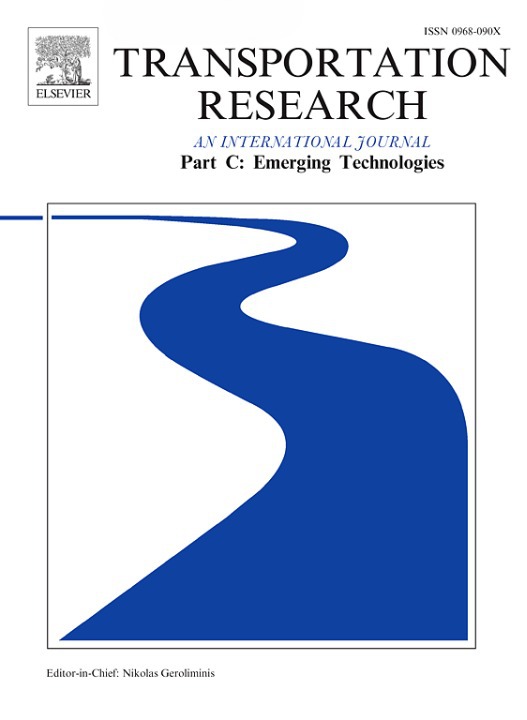Benefits of Electrifying App-Taxi Fleet – A Simulation on Trip Data from New Delhi
Publication Year: 2022
Author(s): Rajagopal D, Sawant V, Bauer GS, Phadke AA
Abstract:
Battery electric vehicles (BEVs) look to be critical to improving urban air quality, particularly in less-developed countries where cities are among the most polluted and fastest developing. However, despite sharp price drops in batteries and generous subsidies, BEV adoption in these countries remains low. Here, the tremendous growth of app-taxi and retail delivery vehicles presents a massive new opportunity. Since they register several-fold greater utilization relative to the average pure private-use vehicle, electrifying such vehicles could deliver rapid financial payback and much greater economic and pollution benefits. A general framework for spatially-detailed estimation of charging infrastructure, and the economic and environmental benefits of commercial fleet electrification was developed and applied to a dataset comprising ∼ 730,000 app-taxi trips spanning ∼ 15 million kilometers (km) in Delhi, India, which shows: i) ∼ 23000 BEVs with 200 km range and a network of 3000 50 kilo-Watt chargers could satisfy 100% of Delhi’s daily app-taxi demand, and relative to a compressed natural gas (diesel) fleet eliminate 180 (700) and 0.14 (70) metric tonnes of vehicle tail-pipe NOX and particulate matter emissions respectively annually and reduce lifecycle greenhouse gas emissions by 15% (27%) per km. Cost savings are sensitive to retail BEV price and government subsidies, which are not indicative of future prices given the infancy of BEV industry. Under current prices and subsidies in India, BEVs reduce levelized cost per km 21% and 37% relative to CNG and Diesel vehicles respectively. Electrification of taxi fleets increases aggregate electricity consumption 2% with insignificant increase during daily peak demand hours. Therefore, ambitious zero emissions vehicle targets for commercial light duty vehicle fleets appear environmentally, economically and socially sound. The generic framework developed and employed in this paper can help public planners and fleet operators derive a holistic understanding of the private and public costs and benefits of fleet electrification and aid in efficient planning for electrification of fleets for any given city. This framework can be applied to other vehicle segments such as buses and commercial trucks to derive a clear understanding of the charging infrastructure needs, and the economic and environmental implications of vehicle fleet electrification.
Source of Publication: Transportation Research Part D: Transport and Environment
Vol/Issue: 102, 103113: 1-15p.
DOI No.: 10.1016/j.trd.2021.103113
Country: India
Publisher/Organisation: Elsevier Ltd.
Rights: Elsevier Ltd.
URL:
https://www.sciencedirect.com/science/article/pii/S1361920921004090
Theme: Sustainable transportation | Subtheme: Public
Related Documents
Research Papers/Articles
Comparative Assessment of Zero Emission Electric and Hydrogen Buses in Australia
Published Year: 2022
Abstract:
Research Papers/Articles

On the Integration of Battery Electric Buses Into Urban Bus Networks
Published Year: 2022
Abstract:
Emissions from traffic cause poor urban air quality in cities all over the world. In public tr... Read More



